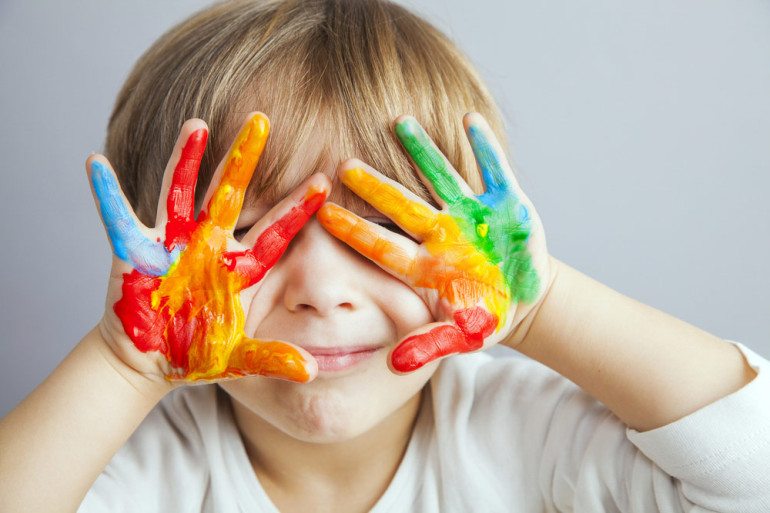Coping with Innocent Lies
Tags: lying, modeling, preschoolers
"My 4 1/2 year old has taken to lying. Generally I think the lying is to impress. The last lie I caught her in was telling me (and more importantly her teacher) that she’d read a WHOLE book the previous evening when she’d only read about 20 pages.
She also frequently lies about having completed tasks as simple as flushing the toilet or cleaning her room. I usually cope with that one fine (I think) saying, "Now if I were to go check in the bathroom, would the toilet be clean or dirty?" to which she usually scampers off and flushes it!" – June
Purpose of the Behaviour
June, you started with your idea of what purpose the lying serves: to impress. Bravo! I hope all the regular readers now know that this is where we must begin in order to make sense of and correct our children’s behavior.
"The behaviour you see is not the problem. It is the solution to the problem the child perceives they have."
– Betty Lou Better and Amy Lew
I emphasize this because I don’t want parents to think that a child who uses lying as a technique or strategy is going to grow up to be amoral or dishonest.
Modeling
The best way to teach your children not to lie is to model honesty.
Always be truthful to them. Don’t say "the cookies are ALL GONE" when they aren’t. When they catch you in a lie (and they will) your credibility is shot and you’ve modeled and condoned lying as a strategy to solve problems!
Always be truthful to others. Many children see their parents lie to sales clerks, their grandparents, police officers, and others. When parents say "just say you’re six so we can pay the child’s fare", or "no Ma, we can’t come for dinner, Ashley has a cold", the lesson is learned.
Encouragement
Respond positively to the behaviour you do like. Notice and thank them for their honesty. "Thanks for telling me you spilled the paint – that must have taken a lot of courage. I am angry that we have a big mess, but I am glad you told me and I know together we can handle this problem."
Faith
Children move in line with our expectations. Always assume they have told the truth. Parents feel they have to be vigilant about "not letting them get away with it." Not true.
If they said they flushed the toilet, say nothing. In fact, don’t even ask! Assume the best even if you are suspicious. Don’t go make a special trip to the bathroom to confirm your suspicions. Just make sure you follow through the next time you happen upon the toilet. "I see you have a job to do" teaches the child that lying to avoid flushing is an ineffective solution. (It is common for youngsters to hate the scary noise of the flush when they are there alone).



Leave a Reply